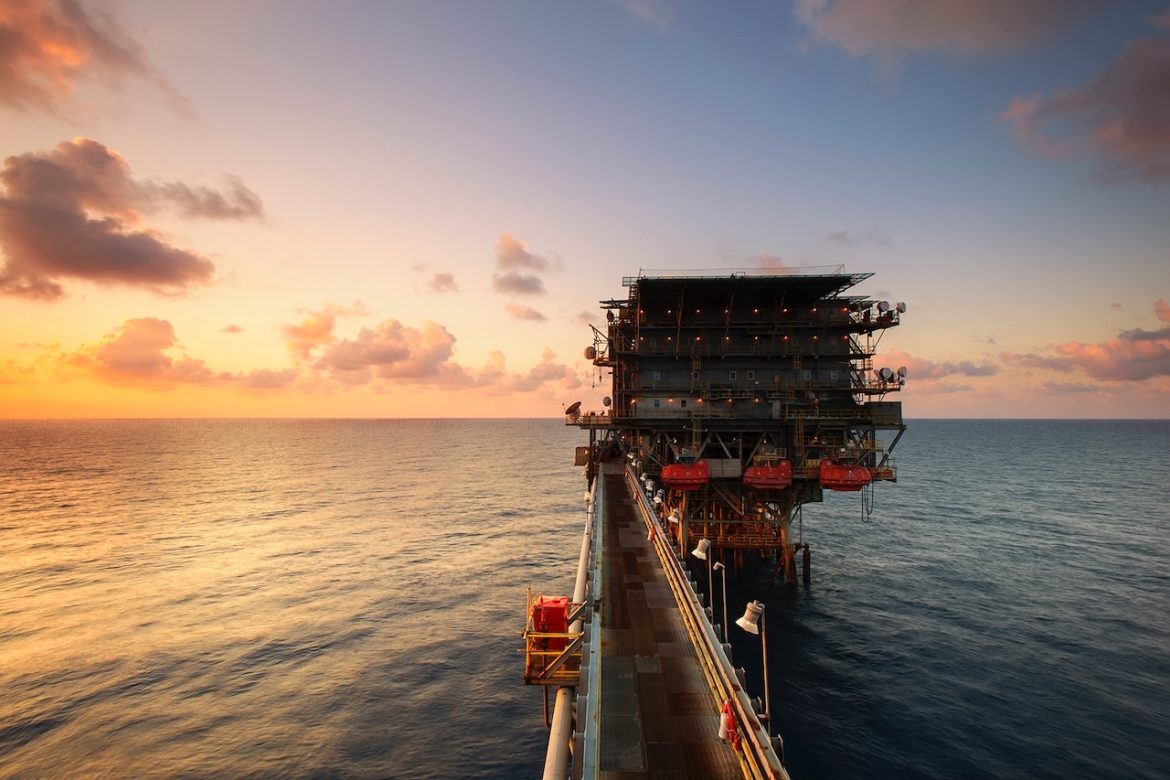Equinor, a Norwegian energy company, has received approval from the UK government to develop the Rosebank oilfield, one of the largest undeveloped fields in the UK continental shelf. The project is expected to produce up to 300 million barrels of oil equivalent over its lifetime and create more than 4,000 jobs during construction.
The Rosebank oilfield is located about 130 kilometers west of the Shetland Islands, in water depths of over 1,000 meters. It was discovered in 2004 by Chevron, which sold its stake to Equinor in 2018. Equinor is the project operator, with a 40% interest, while its partners are Suncor Energy (40%) and Siccar Point Energy (20%).
The development plan for Rosebank involves a floating production, storage, and offloading (FPSO) vessel, which will process and store the oil before transferring it to shuttle tankers. The FPSO will have a production capacity of up to 100,000 barrels of oil per day and a storage capacity of 800,000. The project will also include 14 subsea production wells and water injection wells.
Equinor said the Rosebank project would use the latest technology and best practices to minimize its environmental impact and carbon footprint. The company aims to achieve net-zero emissions from its UK operations by 2030 and global operations by 2050.
The UK government welcomed the approval of the Rosebank project, saying that it will boost the country’s energy security and support its transition to a low-carbon economy. The government also said it will work with Equinor and other stakeholders to maximize the economic benefits and opportunities for local communities and businesses.
The Rosebank project is one of several significant oil and gas developments in the West of Shetland area, which is considered a frontier region with significant potential for exploration and production. Other projects include the Clair Ridge, Schiehallion, and Lancaster fields operated by BP, Shell, and Hurricane Energy.
The West of Shetland area is also home to several renewable energy projects, such as the Shetland Tidal Array and the Viking Wind Farm, which aim to harness the region’s abundant wind and wave resources. These projects demonstrate the UK’s energy sector’s diversity innovation, and commitment to achieving net-zero emissions by 2050.
The Rosebank project is expected to start production in 2026, with a lifespan of about 20 years. Equinor said it will continue working closely with its partners, regulators, suppliers, and local communities to deliver the project safely and efficiently. The company also said it will explore further collaboration and value-creation opportunities in the West of Shetland area.
Source: Energy Voice



